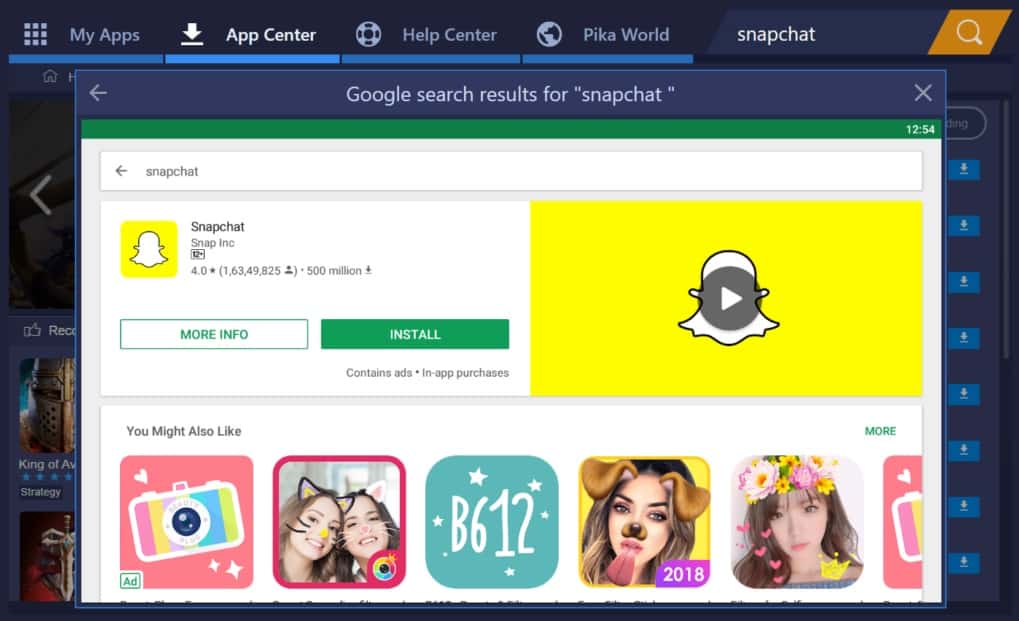In the IT world, efficiency, security, and scalability are critical factors in achieving success. Whether you’re managing automated tasks, conducting large-scale data scraping, or testing geo-restricted platforms, a private residential proxy provides the tools needed to optimize these operations while maintaining security and anonymity.
What is a Private Residential Proxy?
A private residential proxy is an IP address assigned by an Internet Service Provider (ISP) to a physical device. Unlike data center proxies, these IPs are indistinguishable from real users, making them incredibly difficult to detect and block. The “private” designation ensures the IPs are dedicated to a single user, enhancing both security and reliability.

Why IT Professionals Rely on Private Residential Proxies
- Undetectable Data Scraping
IT professionals involved in web scraping face challenges like IP bans and detection systems. Private residential proxies provide real-user IPs, bypassing even the most sophisticated anti-scraping mechanisms. With rotating IPs and location targeting, these proxies allow for large-scale data collection without triggering alarms. - Testing Geo-Restricted Applications
Developers and QA teams often need to test applications or websites in different regions. A private residential proxy enables seamless access to geo-restricted environments by providing location-specific IPs. This ensures accurate testing results and localized performance analysis. - Enhanced Cybersecurity
For IT teams managing sensitive information, privacy is critical. Private residential proxies hide the true IP address of the user, preventing exposure to potential threats such as phishing attacks, DDoS incidents, or tracking by malicious entities. - Multi-Account Operations
Managing multiple accounts for social media, e-commerce, or SEO tools requires unique IPs to avoid detection and bans. With private residential proxies, IT professionals can operate at scale, assigning dedicated IPs to each account for secure and uninterrupted operations. - Ad Verification and Market Research
Ad agencies and market researchers use private residential proxies to verify ad placements and monitor competitors’ strategies. These proxies ensure that businesses see ads and content exactly as intended in specific locations, enabling precise analysis and decision-making.
Key Features of Private Residential Proxies
- ISP-Sourced IPs: Authentic IP addresses that emulate real user behavior.
- Dedicated Usage: Each proxy is exclusively assigned to one user, eliminating the risk of shared misuse.
- Rotating or Static Options: Flexibility to switch IPs regularly or maintain a single static IP.
- Global Reach: Access proxies from multiple countries to meet the demands of global operations.
When Should IT Teams Choose Private Residential Proxies?
- Bypassing Anti-Bot Systems: For automation tools and bots that require undetected operation on high-security platforms.
- Testing and Monitoring: When simulating user behavior in various regions or ensuring platform compatibility.
- Scaling Operations: To securely handle tasks that involve managing large amounts of sensitive data or multiple concurrent connections.
Conclusion
In the IT sector, precision and reliability are non-negotiable. A private residential proxy is a critical tool for professionals who require secure, undetectable, and versatile solutions for their online tasks. Whether you’re a developer, IT manager, or security specialist, integrating private residential proxies into your operations can unlock new levels of efficiency and scalability.






